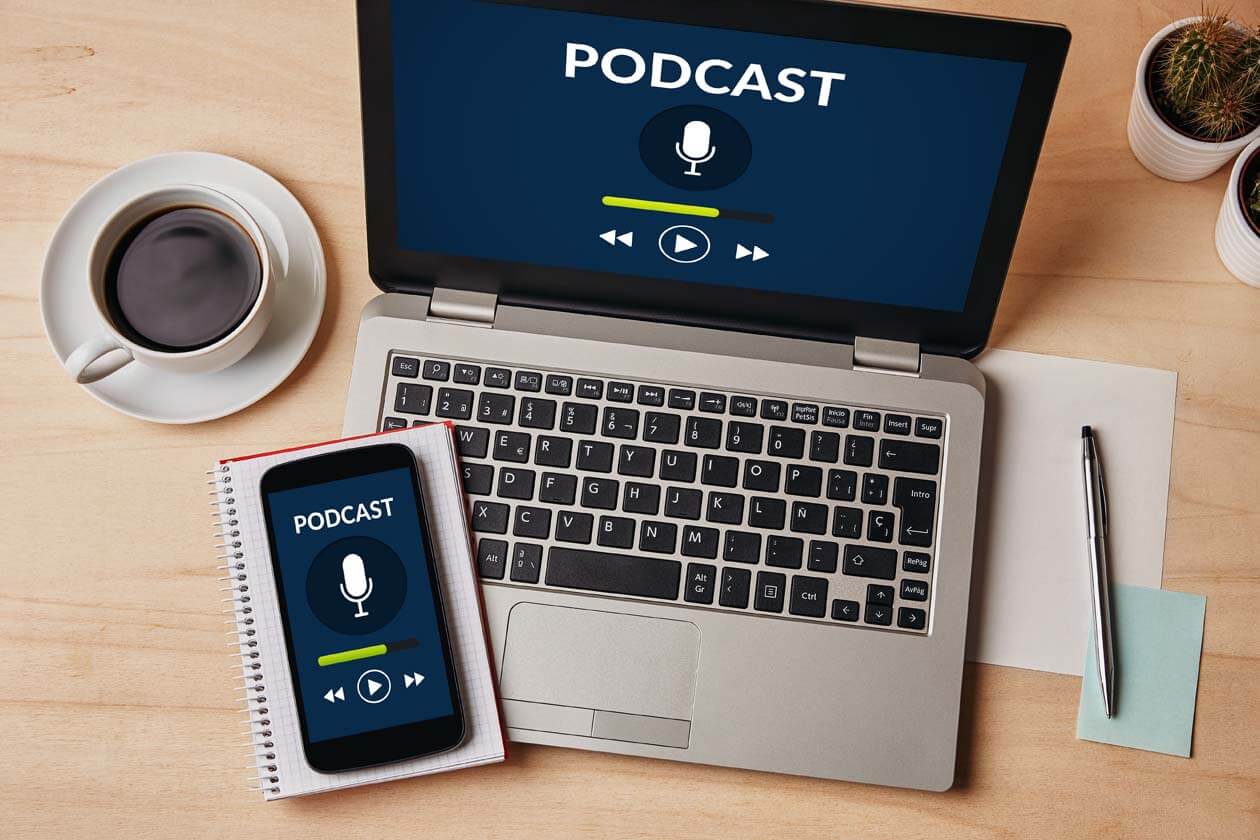Podcast: Fiscal Stimulus and the K-Shaped Economy
The Real Question is “When” - not “If” - we will get Economic Stimulus
As we count down to the U.S. election, the question of economic stimulus hangs in the balance. But, the issue isn’t so much “if” there will be a second round of stimulus, it’s “when” will we see that relief. Join me for the second episode of the Market Pulse podcast where we discuss the impact of additional stimulus on the overall economy, small business and the credit markets.
Our panel of experts include: Cris DeRitis, deputy chief economist at Moody's Analytics; Chris Walker, senior director of product management at Equifax; David Fieldhouse, director of credit analytics at Moody's Analytics; and Sarah Briscoe, senior data scientist at Equifax.
And continue reading this article for bonus material from the podcast about trends in small business. While many small businesses are closing their doors, there is a glimmer of hope.
Question: How do you see the impact shaping up at a macro level with small businesses? Any trends that you're starting to see?

Cris DeRitis: Yes. So the outlook for small businesses is certainly not bright at the moment. There are a number of small businesses that have been able to limp along with the support from the federal government and other lenders. They’ve been able to preserve their payrolls for a while through the payroll protection program and other grants and loan programs that have been provided, as those programs have now expired.
And as there are shifts in the demands of consumers in terms of what they're willing to do, what they're willing to buy, you're seeing a number of small businesses having to close their doors. And particularly, we're seeing a lot of restaurants, bars and other retail outlets that really depend on foot traffic without that additional support to meet their financial needs. Without additional demand for their goods and services, a number of them are just not able to make it.
And so I think going forward, unfortunately, we will see additional small businesses having to shut down and that's going to be an additional drag in terms of the job market. We should expect to see some additional job losses over the next few quarters. Some additional support here from the federal government would certainly be welcome. It would give some of these businesses time to adjust and adapt to the new realities that are out there. So that's another reason why I would advocate for that fiscal stimulus. But by and large, I would say that the small business environment is going to take some time to heal. There will be some businesses closing, while some other businesses might start opening up to address new needs in the future.
Question: Sometimes there are silver linings, as we discussed last month in the first podcast that Americans are very entrepreneurial. You mentioned that you are seeing an uptick in business applications. What additional light can you shed on that topic?
Cris DeRitis: What is encouraging is the data that shows the can-do spirit -- that the spirit of never giving up is alive and well in the U.S. economy. The number of individuals who are filing for new business applications is rising. It's actually above the levels that we've seen over the last few years. So despite large layoffs and continuing layoffs throughout the summer and the fall period here, you have folks who are turning around and looking to the future. And they're thinking about opening up new businesses that can cater to the new needs of the economy. For example, you have entrepreneurs thinking about making masks or providing online services or delivery services.
So, that gives me hope. It's not hope for the next month or even next quarter. It's going to take time for these businesses to really get going and start to hire at sufficiently large levels. But, it does give me hope as we think about the next few quarters after that. So later in 2021 and into 2022, where the expansion or the recovery should be a little bit more well-grounded, this wave of entrepreneurs should put some light into the economy, help boost our growth rates and keep our unemployment rates down.
Question: The delinquency trends that we're seeing with small businesses seem more severe than what we're seeing on the consumer side. Can you speak to that for a moment?

Sarah Briscoe: Sure. Consumers generally are a little more protected. We have laws that protect consumers, and the models and how lenders treat consumers. So, generally we do see some different trends for small business versus consumer.
Specifically, we did see a large spike in delinquency in the beginning of the pandemic that wasn't seen as much in any real consumer data. And I think a lot of that goes into the institutions that are doing small business lending. That type of small business lending, the PPP itself, is thought of as probably going to be forgiven across the board. I think a lot of business owners think of it that way. Even though it hasn't totally been specked out yet. So I think that's why we saw the spike in delinquency for small business.
Then, it comes back down as accommodations become more necessary and more common with small business, and the lenders start to adapt. There's a lot of different players in commercial lending. It’s not just banks. It's a large variety of types of lending that happens in small business. So I think that's why we saw some different patterns between the two sectors. For additional small business trends and insights, along with macro-economic and consumer credit insights, be sure to listen to the full podcast now.
And to discuss how we can help you make more confident decisions during this time of continued uncertainty, contact your Equifax or Moody’s Analytics account executive or contact us today.
Recommended for you




